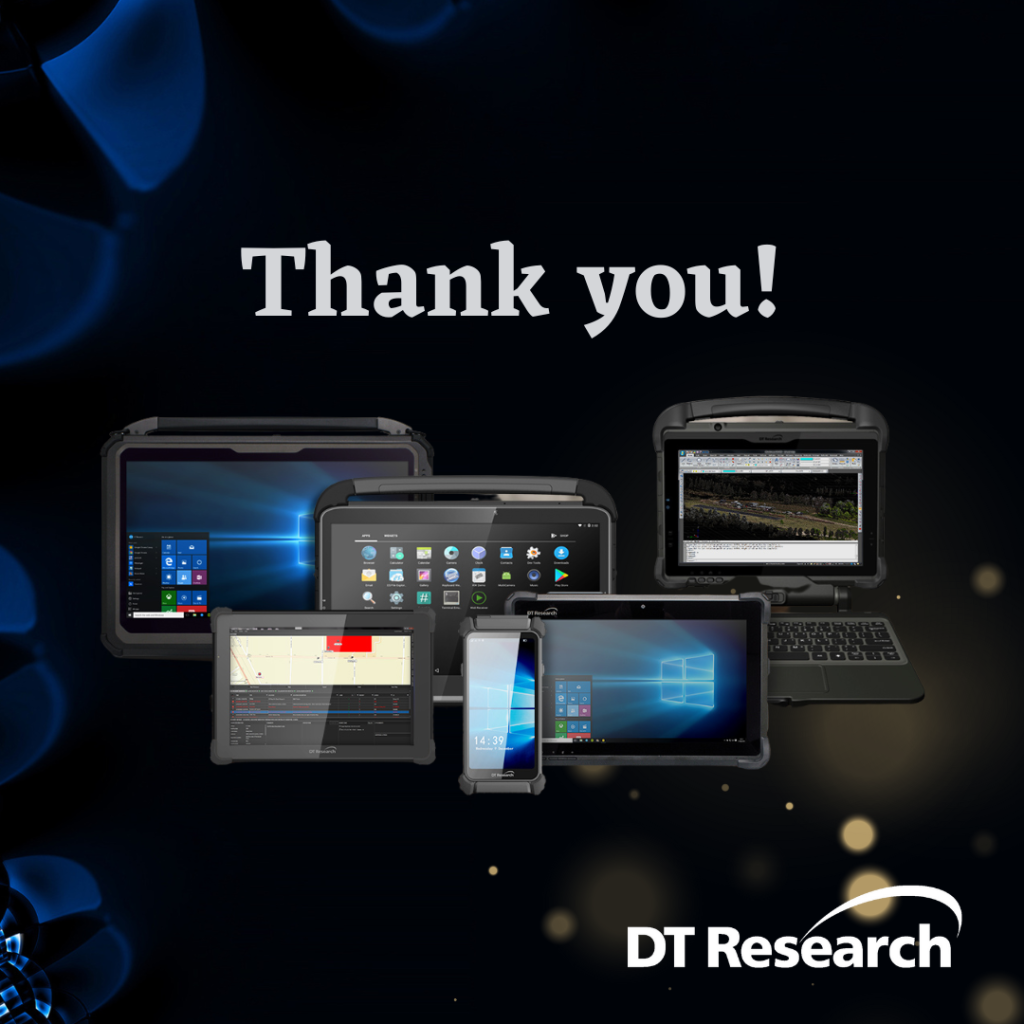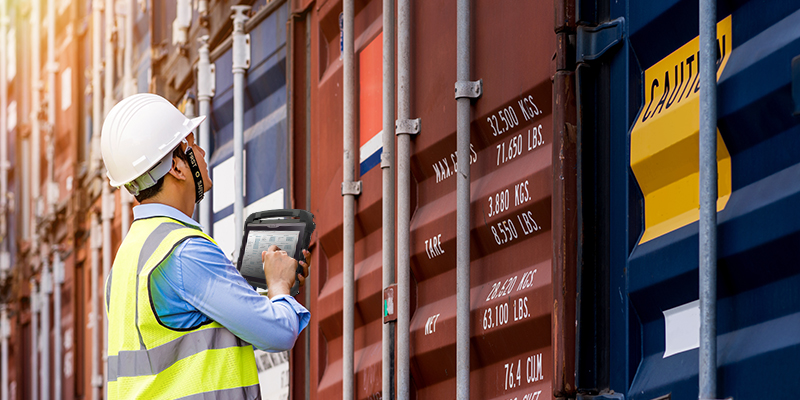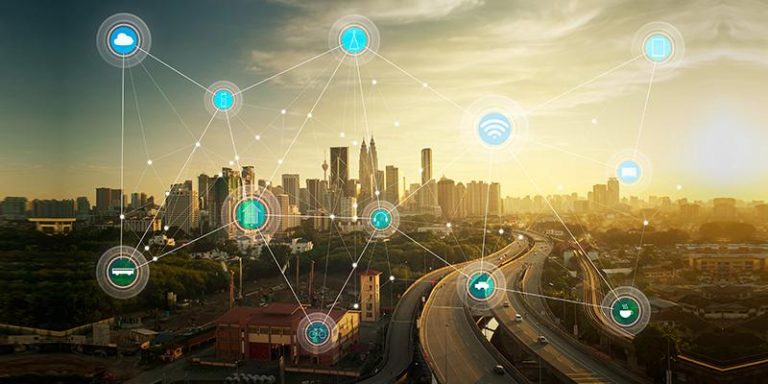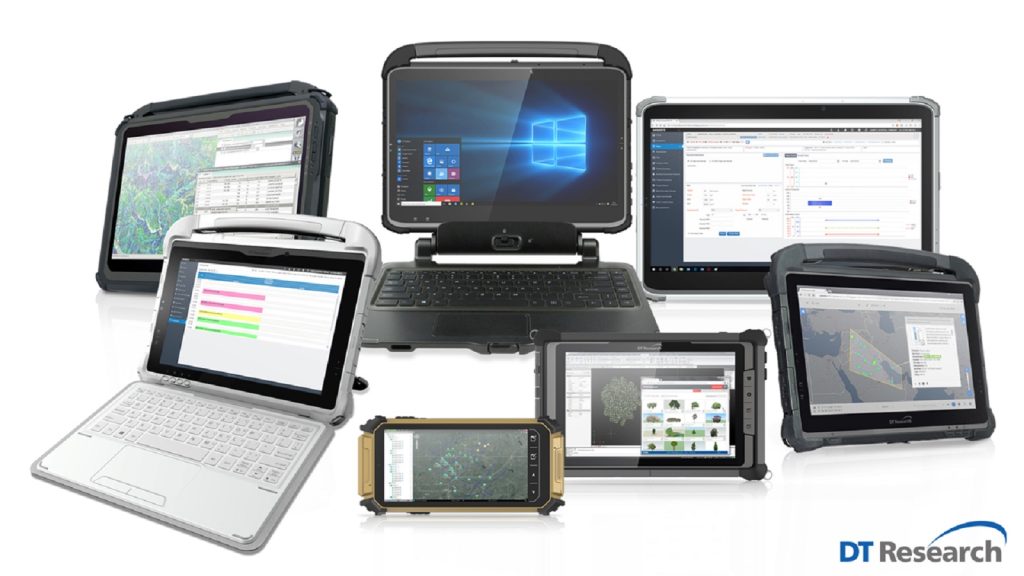
As this year comes to a close and we reflect back on the last year, it certainly has been full of changes for many industries. With healthcare fully embracing telehealth, the logistics industry investing in advanced technology for process automation and efficiency, and military sectors becoming more invested in technology that meets their needed standards – we realize that everyone is going through some kind of change within their business.
Continue reading “Reflections of 2022: Thank You, from Us to You!”




